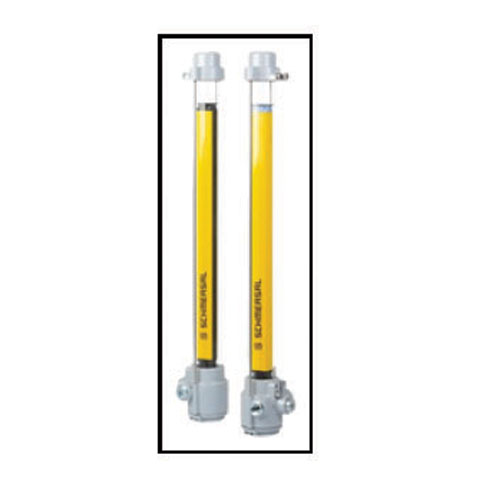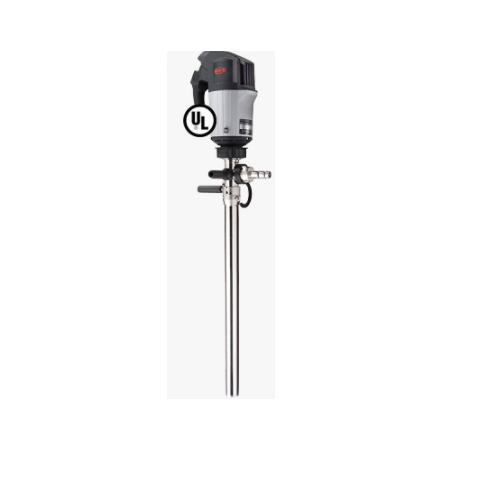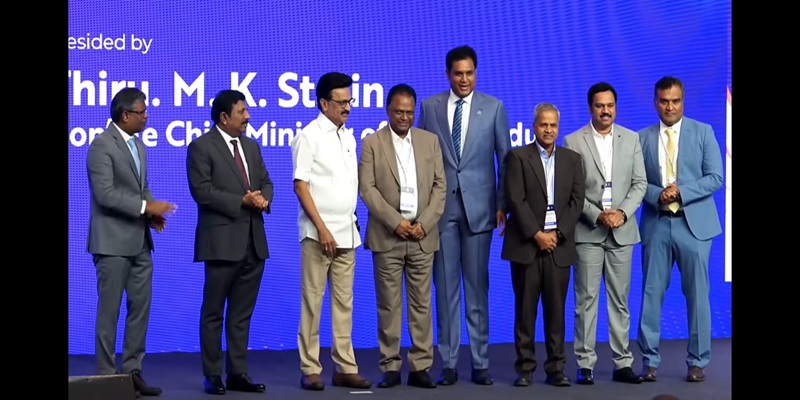Schedule a Call Back
Philosophy of Lean Manufacturing
 Technical Articles
Technical Articles- Jan 18,13
The Wikipedia describes Lean Manufacturing (or lean enterprise, lean production or simply, "Lean,") as a production practice that considers the expenditure of resources for any goal other than the creation of value for the end customer to be wasteful, and thus a target for elimination. This article examines some practical aspects of lean manufacturing.
What is Lean Manufacturing?
- Lean helps produce output as fast as possible.
- The business enquiry converts faster into a finished output. Then it can hold less raw materials and finished stock inventory.
- Holding lower inventory levels means one needs less cash to run the business.
- Being able to produce work faster means one can do more with the same resources, can complete work faster than competition.

Lean Delivers:
- Increased efficiency and productivity - more output with same re-source.
- Better quality output (reduction is re-work).
- Better on-time delivery performance.
- Improved morale and employee engagement.
- Better accountability and traceability.
- Aesthetic and transparent.
Why is Lean Manufacturing Important?
- Lean manufacturing will help the company reduce work-in-progress (WIP) time.
- Lean manufacturing will help find the fastest way of getting finished goods produced from raw materials.
- The shorter the time span, the less time to hold cash. Normally the shortest time to produce often comes out as the least cost. So we have to find less cash as well.

Objectives of Lean Manufacturing
- Quality: Increases working process quality at all levels results in reduced rejections, mistakes, repairs and sub standards. This makes improved quality time and reduced operating cost.
- Cost:
- a. By reducing process time implementation of lean solutions the flow of material in process become easy and fast. Unnecessary material movement is eliminated so process time like from raw materials to finished products will be much faster.
- b. By reducing inventory - the lean solutions or FIFO (First In First Out) racks give just-in-time solutions and avoid unnecessary piling up of inventory. Increased inventory adds to additional cost to company and also the freshness of products cannot be maintained.
- c. By reducing space - space is money. Any conventional system carries more space than lean solutions. Lean manufacturing solutions gives more effective, customised space management techniques.
Applications in Manufacturing Industries
- Flow Racks - FIFO racks
- Trolleys
- Workstations
- Lean manufacturing supermarkets.
Continuous Improvement

Continuous Improvement is another fundamental principle of lean manufacturing. Kaizen, which is the Japanese word for a continuous endeavour for perfection, has become popular in the West as a paramount concept behind good management. Kaizen is a systematic approach to gradual, orderly, continuous improvement. In manufacturing settings improvement can take place in many forms such as reduction of inventory and reduction in defective parts.
One of the most effective tools of continuous improvement is 5S, which is the basis for an effective lean company. 5S is a first step towards serious waste reduction.
5S consists of the following Japanese words line:
- Seiri - Sort (move out items, which are not used)
- Seiton - Straighten (right place for right items)
- Seiso - Sweep (keep area clean for next user)
- Seiketsu - Systemise (house keeping and work place identity), and
- Shitsuke - Standardise (implement systems and train people)
Overall, 5S means good housekeeping and better work place organisation. Kaizen tools such as 5S, FIFO, Kanban, Poka-yoke are not only a means to increase the profitability of a firm but also allow companies to reveal potential strength and capabilities.

Lean is a set of tools that assist in the identification and steady elimination of waste. As waste is eliminated quality improves while production time and cost one reduced the few lean manufacturing tools examples are value stream mapping, 5S, Kanban (pull system) and Poka-yoke (error-proofing).
Like Henry Ford has said in his autobiography, My Life and Work (1922): "I believe that the average farmer put to a really useful purpose, only about 5% of the energy he expends. Not only is everything done by hand, but seldom is a thought given to a logical arrangement. A farmer doing his chores will walk up and down a rickety ladder a dozen times. He will carry water for years instead of putting in a few lengths of pipe. His whole idea, when these are extra work to do, is to hire extra men. He thinks of putting money to improvements as an expense...it is a waste motion - waste effort - that makes farm prices high and profit low."

This is more comparable with industrial lean solutions today. Lean solutions are key development solutions to help companies to reduce the prices and increase the profits. To improve the productivity of an industry and maintain lower running costs and shorter delivery times - lean manufacturing techniques will help a lot. The main philosophy of lean manufacturing is to reduce the manufacturing cost of any industry by eliminating non productive time of men and machines. In other words improve the productivity of an industry by effective utilisation of men and machines.
In the earlier days, it was common in piling up waste time by breakdown of machine/assembly line due to lack of inflow on time. It was around this time that some nations started to work on eliminating waste and studying of material movement began to emerge.

Henry Ford started the assembly line with lean manufacturing principle. Later on Toyota introduced a system called TPS - Toyota Production System - which involves just-in-time and waste reduction mainly to improve shop floor and line side activities. These concepts to create lean manufacturing at a time when Japanese expertise was spreading to the West and success achieved by companies applying these principles and techniques become usual practice. As is now understood, lean solutions are meant to eliminate the wastes in the industry, by that the profitability grows. So let us find out what are these wastes.
The 7 Wastes is manufacturing industries central to the TPS (later modified over the years) are:
- Overproduction: Producing more than is needed
- Inventory: All idle resources are wasteful, and inventory is one of the most common
- Wait Time: Whenever materials, people or machines are sitting idle
- Transportation: Material movement that does not move the product to the customer
- Processing: Excessive processing includes any activity that provides no additional value to a product or service
- Motion: Any movement, of people, machines or materials that does not add value to a product, and
- Defects: Poor quality drives up costs both in wasted materials and labour.
These are in short activities within a company that do not add value and cost money. Surprisingly it is estimated that one usually spends just 5% of the actual time in a working day that adds any value for the customers, and everything else can be classified as waste.
Waste reduction is a major part of lean manufacturing. The benefits of lean manufacturing are huge; it can help reduce costs significantly adding to the profit. As well as those monetary gains it also helps to reduce the lead time and service the customer much better. Reducing the 7 wastes as part of a waste prevention program will add a huge percentage to the bottom line.
(Contact: Right Engineers & Equipments India Pvt Ltd, Bangalore. Tel: 080-41108328/29. Fax: 91-80-26482596. Email: nagaraj@rightengineers.com)
| About the Author |
| C M Nagaraj, Managing Director, Right Engineers & Equipments India Private Limited (a manufacturer of material handling equipment and lean manufacturing solution provider), has a Diploma in Mechanical Engineering and MBA in Marketing. He has more than two decades of` industrial experience, having worked in various companies before turning an entrepreneur in 1996. |
Related Products

Amusement Park Equipment- White Water Ride
SICCO Engineering Works offers a amusement park equipment- white water ride.

Safe Signal Processing
Insys Electrical & Controls offers a wide range of
safe signal processing.

Nylon Coated Roller
Jekmin Industries offers a wide range of
nylon coated roller.














